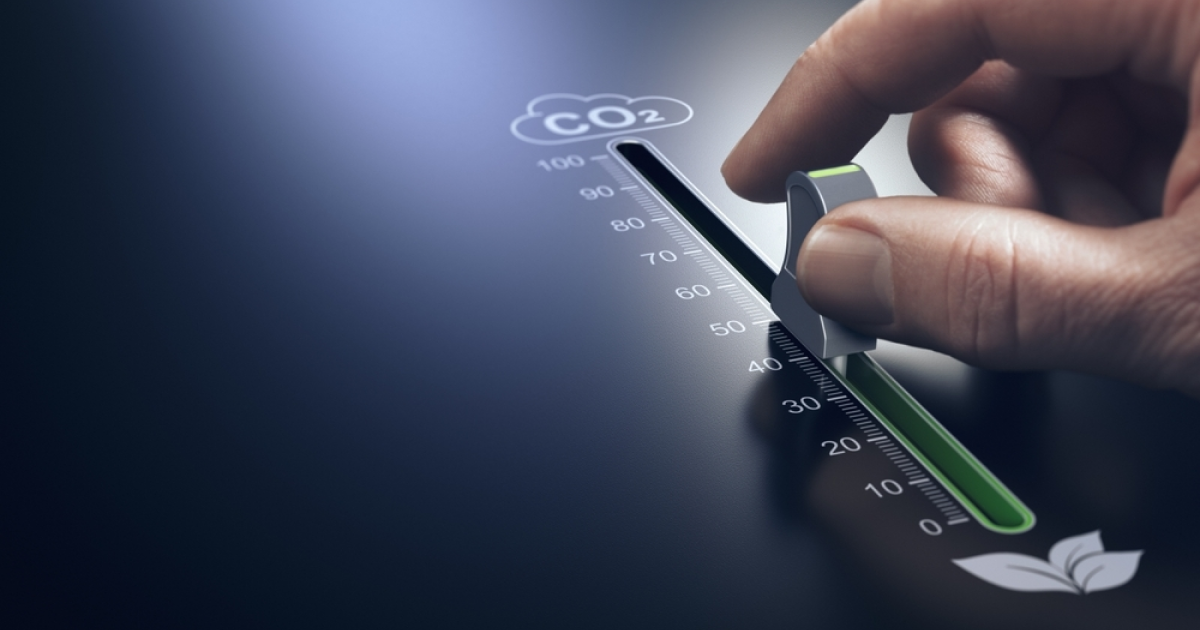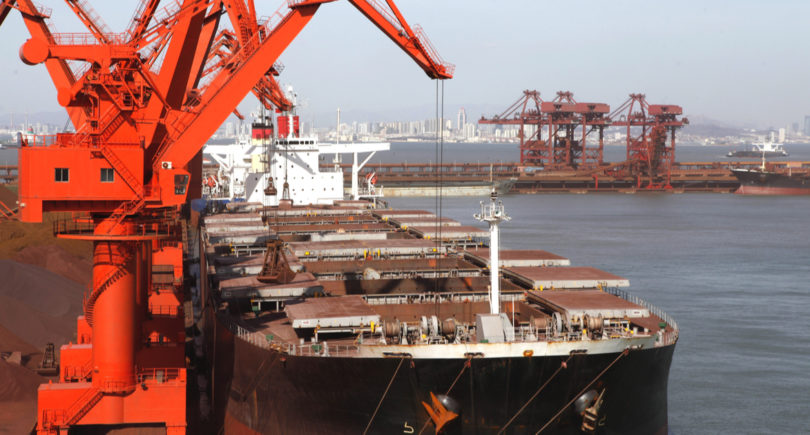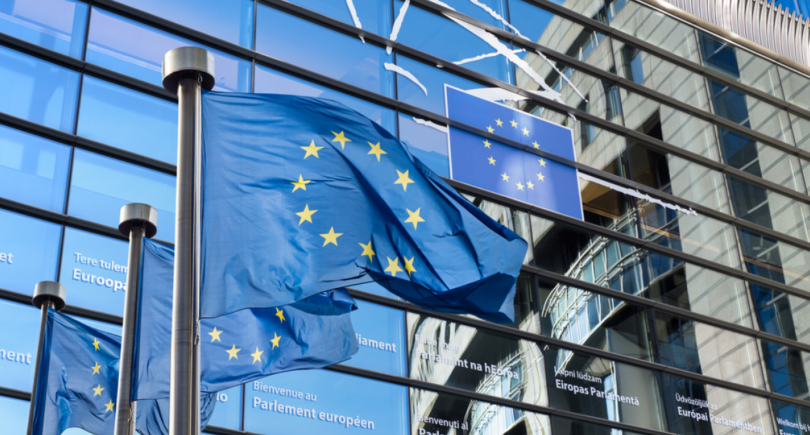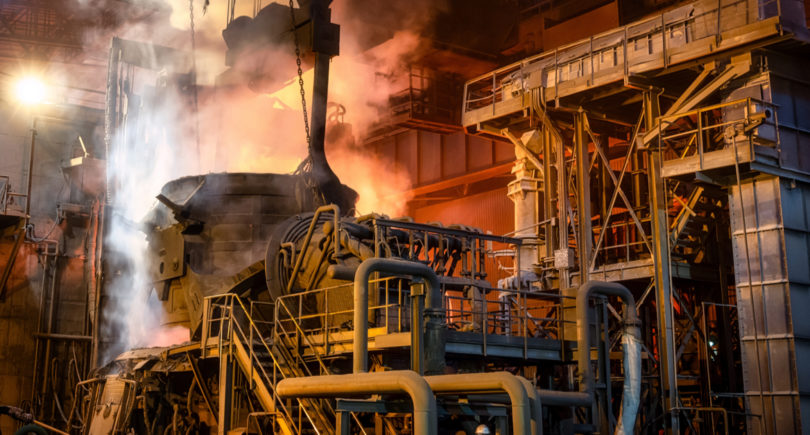
News Global Market CBAM 429 02 October 2023
The initial stage will be crucial to assess the reliability of the mechanism
The start of the transition period of CBAM on October 1, 2023, is an important milestone in the implementation of the EU Green Deal, but its effectiveness still needs to be confirmed, the European Steel Association (EUROFER) considers.
An initial phase with simplified monitoring and reporting will be crucial to assess how robust it is to prevent carbon leakage from European industrial sectors such as steel to other countries that continue to invest in high-CO2 technologies.
“The EU steel industry has borne the CO2 price for several years, while steel imports from third countries, which on average have a much higher carbon footprint, have so far been exempt. We welcome the start of the CBAM test phase and expect an effective carbon price to be introduced at the EU border in 2026 to level the playing field,” noted Axel Eggert, general director of EUROFER.
He believes that European steelmakers need to be vigilant to ensure the success of investments in the unprecedented number of steel decarbonization projects in the EU.
«This becomes even more relevant given that the latest OECD data highlight that global excess steel production capacity is more than 600 million tons, which is more than four times the annual steel production in the EU,» the association noted.
Eggert noted that in this context, it is extremely important that the meeting between European Commission President Ursula von der Leyen and US President Joe Biden on October 20 leads to an effective global agreement on environmentally friendly steel.
From October 1, importers will have to report quarterly emissions of steel, aluminum, cement, fertilizers, hydrogen and electricity imported into the EU. The first reports covering the last quarter of 2023 are due by the end of January 2024. Emissions fee payments will begin only in 2026.
As EUROFER reminded, in order to ensure a smooth transition, the EC has provided more flexibility in the implementing regulation for the first three quarterly reports until mid-2024. In particular, importers may use default values or other monitoring and reporting methods applicable in their countries. In addition, they can review and correct their reports until July 2024.
The purpose of the measures launched in the EU, Politico reminds, is to protect European companies from unfair competition and encourage other countries to set their own carbon prices.
«It will also prevent the so-called carbon leakage or the transfer of production beyond our borders to countries with lower environmental standards,» said the European Commissioner for the Economy Paolo Gentiloni.
According to a report by the Carnegie Europe research center presented earlier this year, the introduction of CBAM is likely to hit the EU’s largest trading partners – the Russian Federation, China, Great Britain, Turkiye, Ukraine, India, South Korea and the United States – the hardest.
Meanwhile, EU producers and trade associations are concerned about the risk of losing market share if countries such as China and India retaliate. In addition, fines and monitoring may be too weak.
As GMK Center reported earlier, the final implementation of CBAM can lead to an increase in the prices of imported steel by about 15%, warns the Italian trade association Assofermet.



